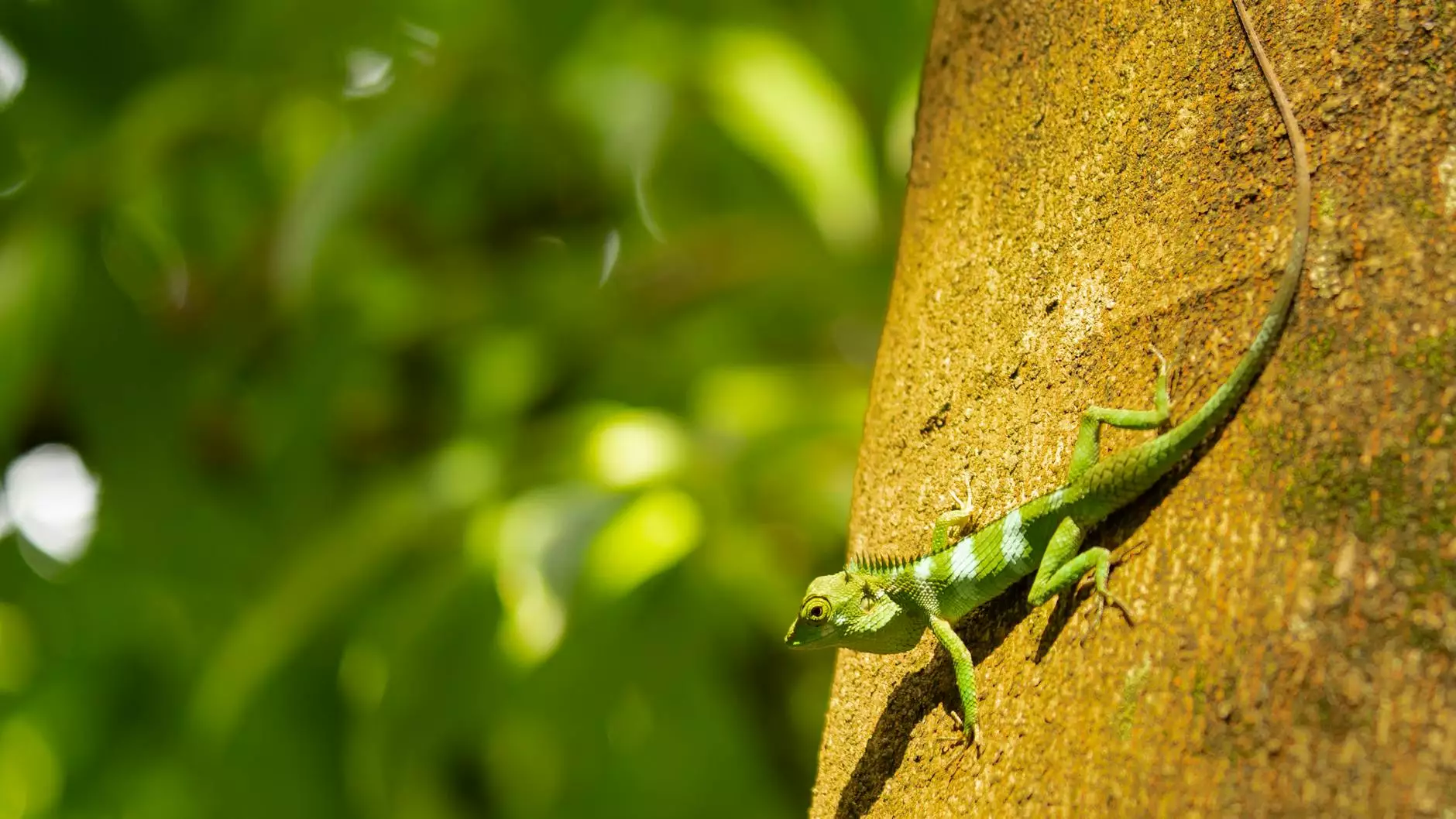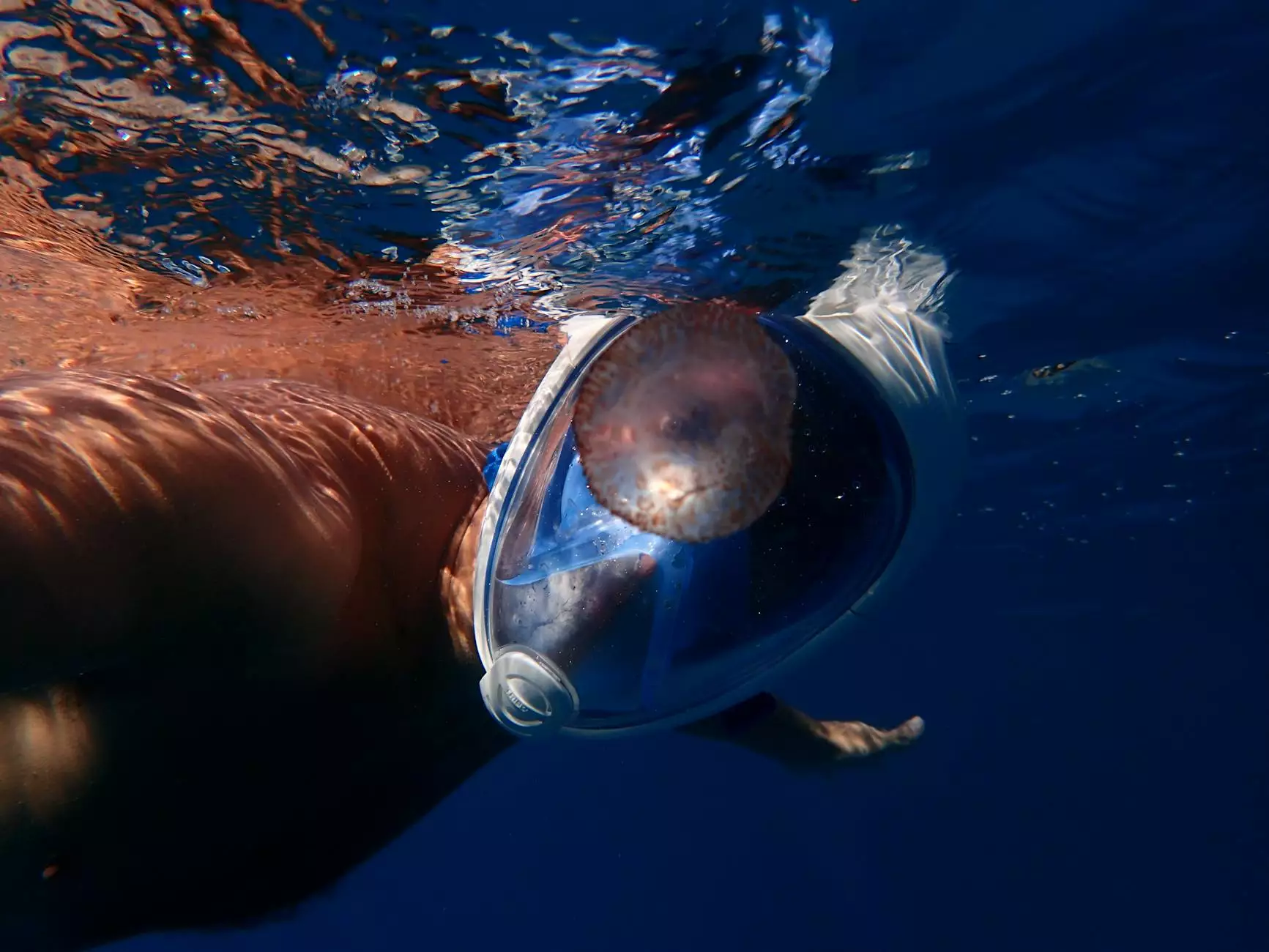Lizard Pet Australia: Your Comprehensive Guide to Scaly Companions

If you’re considering a lizard pet in Australia, you've landed in the right place! Lizards make fascinating and low-maintenance pets for both experienced reptile enthusiasts and those new to the pet world. This article will delve into the various aspects of adopting and caring for lizards in Australia, highlighting expert insights and resources you can find at BuyReptiles.com.au.
Understanding Lizard Species in Australia
Australia is home to a diverse range of lizard species, each with unique characteristics and care requirements. Let’s explore some of the most popular lizard pets:
1. Blue-Tongue Skink
The Blue-Tongue Skink is one of the most popular lizards in Australia. Known for their distinctive blue tongues, these lizards are docile and easy to handle, making them perfect for beginners. They require a spacious enclosure, a balanced diet consisting of insects, fruits, and vegetables, and a warm environment.
2. Bearded Dragon
The Bearded Dragon is another favorite among lizard enthusiasts. With their friendly demeanor and engaging personalities, they adapt well to human interaction. Bearded Dragons need UVB lighting, a variety of insects, and leafy greens to thrive.
3. Blue-Tongue Skink
Known for its calm nature and ease of care, the Blue-Tongue Skink is an excellent choice for first-time lizard owners. They are primarily herbivorous and need a varied diet rich in greens, vegetables, and fruits.
4. Centralian Rough Knob-Tailed Gecko
This lesser-known species is unique due to its tail, which it uses as a defense mechanism. They prefer a dry environment and can be housed in a moderately sized terrarium. Centralian Rough Knob-Tailed Geckos thrive on crickets, roaches, and mealworms.
Benefits of Keeping Lizards as Pets
Choosing a lizard as a pet has several benefits, including:
- Low Maintenance: Compared to traditional pets like dogs and cats, lizards generally require less daily attention.
- Space Efficient: Lizards do not need large spaces to roam, making them ideal for apartment living.
- Unique Companionship: Each lizard has its own personality, offering unique interactions that can be very rewarding.
- Educational Opportunities: Keeping a lizard can teach responsibility and provide insights into reptilian biology and ecology.
Understanding Lizard Care Requirements
Caring for lizards involves ensuring they receive the proper environment and nutrition. Here’s what you need to know:
1. Habitat Setup
Creating a suitable habitat is crucial for your lizard’s health. Consider the following elements when designing their enclosure:
- Size: Ensure the enclosure is spacious enough for your lizard to move comfortably.
- Temperature Gradient: Provide a warm basking spot and a cooler area to allow for thermoregulation.
- Humidity Control: Different species have different humidity needs; ensure to research specific requirements.
- Enrichment: Utilize hides, branches, and climbing structures to create a stimulating environment.
2. Diet
Feeding your lizard the right diet is essential for their health. Here are some general feeding guidelines:
- Insects: Feed a variety of insects suitable for the species, such as crickets, roaches, and worms.
- Vegetables and Greens: Many lizards enjoy dark leafy greens and vegetables; consult species-specific dietary needs.
- Supplements: Use calcium and vitamin supplements to ensure a balanced diet.
Pet Adoption: Finding Your Perfect Lizard
Adopting a lizard is an exciting endeavor. Here’s how to approach finding your perfect scaly companion:
1. Research Reputable Sources
Always adopt from reputable breeders or established pet stores. Visit BuyReptiles.com.au for a range of healthy lizards available for adoption.
2. Assess the Lizard’s Health
When selecting a lizard, check for signs of good health. Look for:
- Clear eyes and nostrils.
- Healthy skin without lesions.
- Active and alert behavior.
3. Prepare Your Home
Before bringing your new pet home, ensure you have their habitat set up and ready. This includes heating, lighting, and hiding spots.
Resources for Lizard Owners
Being a responsible lizard owner requires continuous learning. Here are some resources you can utilize:
- Online Forums: Join lizard enthusiast forums to connect with other owners and share experiences.
- Books: Invest in care guides specific to the species you own.
- Veterinary Services: Regular check-ups with a vet familiar with reptiles are crucial for health tracking.
Aquarium Services for Lizards
While lizards don’t typically require aquariums, if you’re considering a mixed setup, having reliable aquarium services is essential for water management and cleaning. Here’s how to integrate aquatic needs for lizards, where applicable:
- Water Features: Some lizard species enjoy soaking. Having a shallow water area can help with hydration and shedding.
- Filtration Systems: Maintain cleanliness in shared habitats to promote a healthy ecosystem.
- Temperature Control: Ensure that any water feature does not disrupt the temperature balance within the enclosure.
Conclusion: Making the Decision to Adopt a Lizard Pet in Australia
Choosing a lizard as a pet in Australia can lead to a rewarding experience filled with interesting behaviors and unique interactions. By understanding the care requirements, conducting thorough research, and utilizing the resources available at BuyReptiles.com.au, you can ensure a successful and fulfilling companionship with your reptilian friend. Embrace the journey of lizard ownership, and enjoy the wonders of having a lizard pet in Australia.
Frequently Asked Questions about Lizard Pets
1. How long do lizards live as pets?
Life expectancy varies by species. For example, Blue-Tongue Skinks can live up to 20 years while Bearded Dragons typically live 10-15 years.
2. Are lizards friendly pets?
Many lizards, such as Bearded Dragons and Blue-Tongue Skinks, exhibit friendly behavior and can be socialized with regular handling.
3. Can I keep a lizard with other pets?
It's important to consider the compatibility of lizards with other pets. Generally, reptiles should be housed separately from mammals due to differing care needs and potential stress.
4. What should I do if my lizard is sick?
If you suspect illness, consult a veterinarian specialized in reptiles as soon as possible for a proper diagnosis and treatment.
5. Where can I find more resources on lizard care?
Visit dedicated reptile care websites, engage with local herpetological societies, or check out the resources available at BuyReptiles.com.au for expert advice.
lizard pet australia


